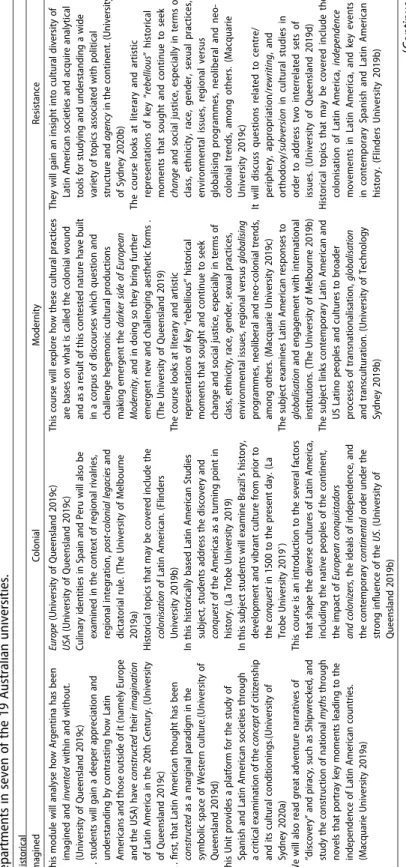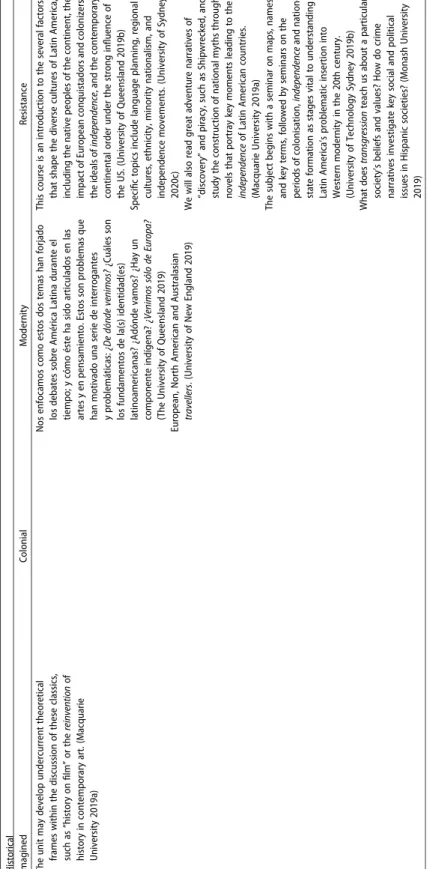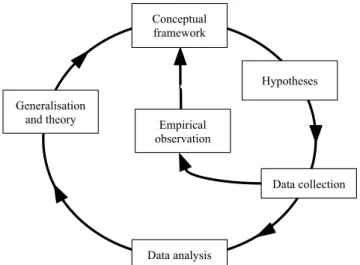Jo Bishop is a Senior Lecturer in Children's Studies at the University of Huddersfield, UK, and a Course Leader for BA (Hons) Education and Curriculums. Melany Cruz is a Teaching Fellow in the Department of Political Science and International Studies at the University of Birmingham, UK. Heinrichs is a PhD candidate at the School of Education at the University of Queensland, Australia.
Dimitrina Kaneva is Senior Lecturer in Childhood Studies at the University of Huddersfield, UK. Kumalo holds a Master of Arts (Cum Laude) in Political Philosophy from the University of Pretoria, South Africa. Kathy Luckett is a sociologist of higher education and works as a policy researcher in the Department of Institutional Planning at the University of Cape Town.
Shannon Morreira is anthropologist and senior lecturer in the Humanities Education Development Unit at the University of Cape Town, South Africa. Lester Brian Shawa is Senior Lecturer in Higher Education Studies and coordinator of the Postgraduate Diploma in Higher Education at the University of KwaZulu-Natal, South Africa.
Introduction: Decolonising Curricula and Pedagogy in Higher Education
From here we turn to a discussion of the heterogeneous ways in which the contributions in this volume respond to such calls through the work they do to operationalize decolonial theory in teaching and learning. We conclude by discussing some of the complexities and contradictions that we believe arise in the practical work of decolonizing universities. In the Global North, black power, women's liberation, and anti-war movements of the 1960s also sought to undo colonialist power structures.
Kumalo's (2020) article provides an account of the failure of systematic attempts to erase ways of knowing in the Global South. Kumalo's paper works with the notion of the black archive in South Africa (exemplified by writers such as Nontsizi Mgqwetho, Benedict Wallet Vilakazi, Mazisi Kunene and SEK Mqhayi) as a space. In the final section of this introductory essay, we identify some of the political and conceptual complexities of decolonizing universities that arise from this modernity/coloniality contradiction.
As explained above, much of the recent wave of decolonial theory focuses on the unjust balance of power that persists between the global north and south as a result of colonialism. Since the "death" of German idealism and the break between science and philosophy at the end of the long nineteenth century, European theories of knowledge have been intertwined with universalists.
Resurrecting the Black Archive through the decolonisation of philosophy in South Africa
Epistemic restitution is nullified because of the lack of a shared ethical intuition; a point borne out by the lack of involvement with the Black Archives.7 This lackluster involvement motivates allegations of epistemicide and linguistic killing in the country. Second, I want to show how an involvement with the Black Archive locates epistemic contempt in the historical machinations that define South African socio-political and socio-historical realities. Code-switching (or what is now commonly known as translanguaging) demonstrates the concretization of epistemic restitution through the Black Record in academia.
I maintain that in claiming epistemicide, Ndlovu-Gatsheni (2015) and all who would follow on this trajectory (locally) flatten the complexities inherently apparent through a systematic engagement with history through the Black Archive. The first is to ignore the divergences in epistemic traditions that make up a given community. To this end, I suggest that unlocking the possibilities found in the Black Archive can contribute to the construction of epistemic justice in the South African context.
Framing the black archive in this way is rooted in the first section of this paper, which highlighted the criticality assumed when dealing with the historical material that constitutes this archive. Basing my argument on sources in the Black Archive, I have argued that the claim of total epistemicicide in the South African context is inaccurate.
Decoloniality, Spanish and Latin American studies in Australian universities: ¿es un mundo ch’ixi posible?
Decoloniality, Spanish and Latin American Studies in Australian Universities: ¿es un mundo ch'ixi posible. I have met and worked with Spanish and Latin American studies academics around Australia. How are these ethical responsiveness incorporated by course offerings in Spanish and Latin American studies departments in Australia?
Excerpts with (co)-hypnyms of "historical" (hypernym) appear in online course descriptions from Spanish and Latin American studies departments at seven of Australia's 19 universities. Language diversity is an additional theme emphasized in a number of course descriptions from the Spanish and Latin American departments. Continued and preceding collocations and textual synonyms of focus words (language(s)) in course descriptions from Spanish and Latin American departments of study at eight of the 19 universities.
In this paper, I analyzed the course descriptions of 19 Spanish and Latin American studies departments in Australian universities. Thematic intertextual relations of gender/sexuality (in bold) and related texts (in italics) in seven of the 19 Spanish and Latin American studies departments in Australian universities.

Decolonising sociology: perspectives from two Zimbabwean universities
This reveals the central role of "loci of enunciation", which are the contexts of knowledge production. As such, the University has the oldest Department of Sociology, founded in the early years of the University's founding in 1955. Similarly, in the case of voice, rights, agency are fundamental concepts in the United Nations Convention on the Rights of the Child (UNCRC) (UN 1989).
We used Thomas's (2007) social-relational model of disability to illustrate that the idea of. Decolonizing the curriculum involves valuing diversity and taking into account people's different experiences (Lowe 1996). To protect the identity of the teachers who participated in the study, pseudonyms were used.
In the excerpts above, the idea of Ubuntu in relation to decolonizing the curriculum was hinted at by Tina. We now turn to examining some of the curriculum discourses that have taken place in South African higher education, and the opportunities for Ubuntucurrere. The government maintained that any public higher education institution in the RSA is essentially a legal entity, a "state creation".
In short, does the curriculum prepare young people for their role in South Africa and the world in the context of the particular challenges of the 21st century. Report of the Ministerial Commission for Transformation and Social Cohesion and Elimination of Discrimination in Public Higher Education Institutions. 2006. "The Effect of Ubuntu Social Values on Team Effectiveness." South African Journal of Business Management.
Currere's Active Force and the Africanization of the University Curriculum.” South African Journal of Higher Education. The university was established in 1999, initially as a satellite of the University of Zimbabwe (UZ) (see also Gukurume and Marongira, this volume, for a comparative discussion of the colonial and post-colonial origins of UZ and GZU). The methodology is all the more problematic in the sense that it is presented as a technical set of views, innocent of the coloniality of power.
Such texts reproduce the separation of subject and object constitutive of zero-point epistemology in the form of a separation of theory and practice.

Index

